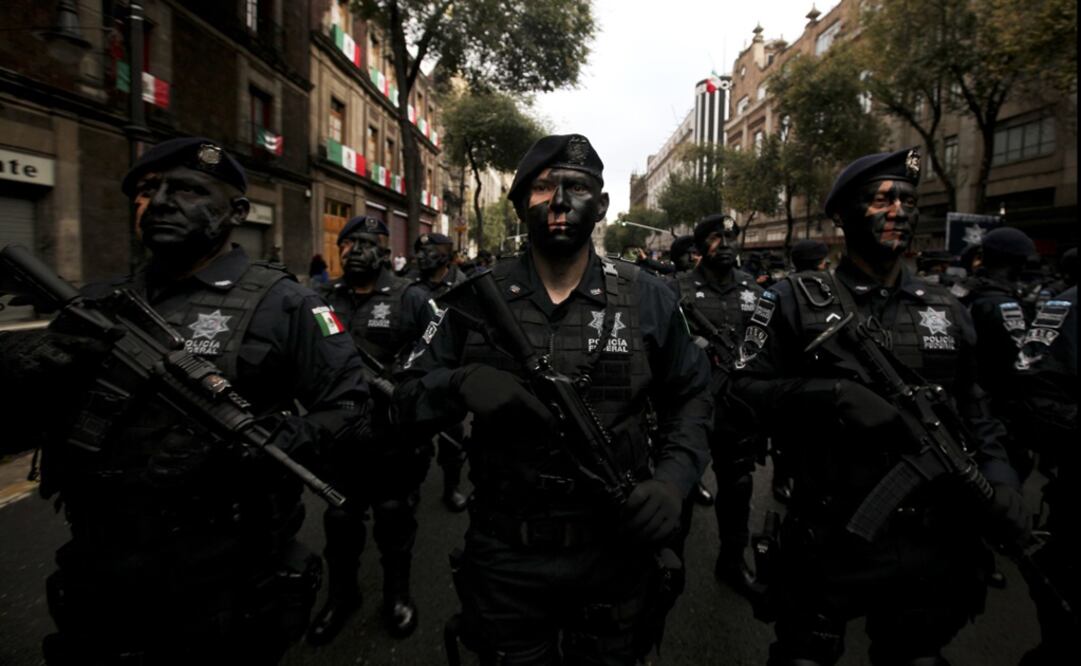Más Información

Se mueve consumo de fentanilo, vapeadores y alcohol; mira aquí las claves de la Encuesta Nacional de Drogas

Encuesta Nacional de Consumo de Drogas 2025: violencia y malestar psicológico afectan más a adolescentes que a adultos

Dan 3 meses más a Fiscalía de Tabasco en investigación contra Hernán Bermúdez, líder de La Barredora; siguen recabando pruebas

Exhiben presencia del CJNG en la sierra de Michoacán; frustran nuevo ataque con explosivos en Coahuayana

Adiós impuesto a videojuegos; Sheinbaum anuncia que ya no va porque es muy difícil distinguir los que tienen violencia
Mexico’s National Human Rights Commission
( CNDH ) may take legal action against a controversial bill that would enshrine into law the use of the army in the long war against drug cartels, saying it could ask that the measure be ruled unconstitutional.
On Twitter , CNDH wrote in Spanish: “CNDH and United Nations Mexico make an urgent appeal to the Mexican State to, according to constitutional and conventional obligations relating to human rights preservation and defense, refrain from approving the Law of Internal Security and, instead, open a national dialogue.”
On Friday, Mexico's Congress gave a green light to the law, which was backed by the ruling Institutional Revolutionary Party ( PRI ) and some members of National Action Party ( PAN ). It will now head to President Enrique Peña Nieto ’s desk to be signed into law.
However, the CNDH said it has asked the President to make the necessary changes to the bill to make sure it upholds human and civil rights.
Luis Raúl González Pérez
Head of the CNDH asked President Enrique Peña Nieto to exercise his power of veto in the controversial law, yet if this does not happen, the national ombudsman assured CNDH will file an action of unconstitutionality before the Supreme Court of Justice of the Nation ( SCJN ) against the law, since it could lead to the “violation of Mexicans’ basic rights and freedoms, affect the design and constitutionally established balance between institutions, state organs, and powers, and lead to states of emergency being imposed on Mexican society."
Supporters of the legislation claim it will set out clear rules that limit the use of soldiers to fight crime while multiple human rights groups and international organizations, including the United Nations and Amnesty International , have criticized the bill saying it empowers security forces instead of improving the police and could usher in greater abuses and impunity.
Thus, opponents of the bill have taken to the streets to protest and demand the measure not be signed into law.

sg
Noticias según tus intereses
[Publicidad]
[Publicidad]









